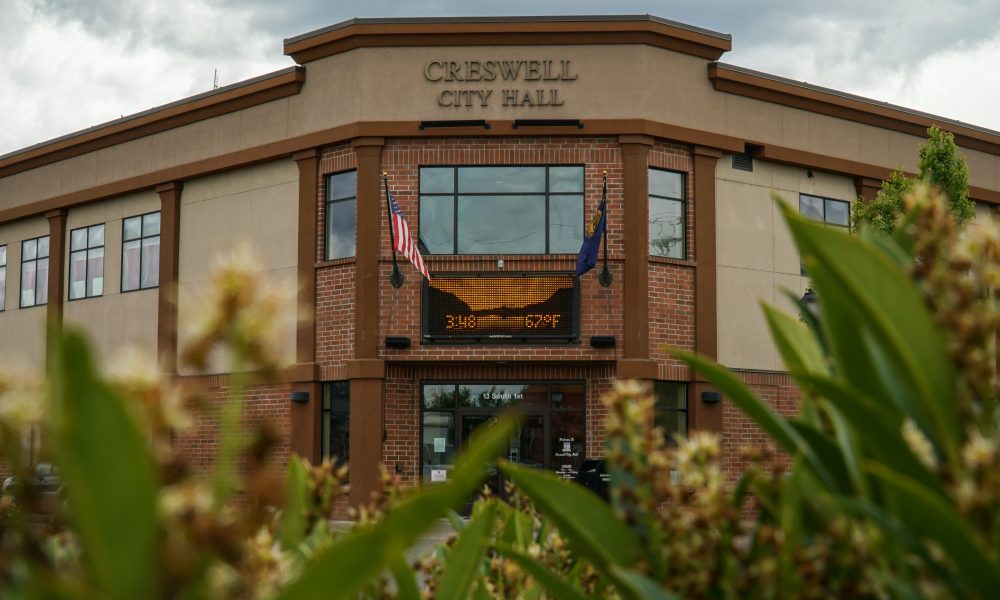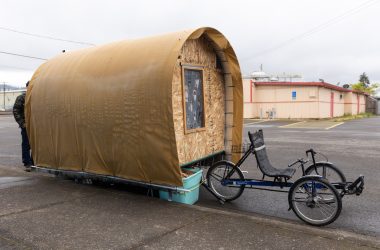CRESWELL – The city council passed two resolutions this month to address receiving money from the Department of Environmental Quality (DEQ)’s Clean Water State Revolving Fund (CWSRF) program.
The CWSRF “acts like an environmental infrastructure bank by providing below-market rate loans to eligible recipients for water infrastructure projects,” wrote Lauren Wirtis, DEQ communications and outreach manager. “Repayments of loan principal and interest earnings are recycled back into the program to finance new projects that allow the funds to ‘revolve’ at the state level over time.”
Wirtis wrote that Creswell applied to the CWSRF program for a planning loan. The City will use this money to update its Wastewater System Facilities Plan (WSFP), which is a requirement imposed by the DEQ in its wastewater permit.
According to Wirtis, the updated WSFP will “identify existing and projected deficiencies, develop alternatives to address deficiencies, and identify alternatives for wastewater system improvements for the City. The updated facility plan will address permitting requirements for biological oxygen demand, suspended solids, ammonia, and temperature limits for the wastewater system to meet DEQ requirements.”
The City will remain under a moratorium until this plan update, as well as the other requirements, are completed. So far, city manager Michelle Amberg said the City has completed its smoke testing, which it earned 15 connections for. Now, the City is accepting bids from contractors to televise the City’s sewer connections. This is a process where people send cameras through the lines, which Amberg said “is kind of like a colonoscopy for the city.” She added that “it will identify areas that need to be replaced, and once that’s done, we’ll get five more connections.”
The City, according to Wirtis, has also completed its study of its sewage collection system, which also includes a plan for eliminating inflow of stormwater and groundwater. She said upcoming requirements from the DEQ per its National Pollutant Discharge Elimination System permit and Mutual Agreements and Order includes the submission of an updated WSFP by December 2024.
Updating the Wastewater System Facilities Plan was originally set to be paid from the City’s reserves which it has accumulated over the past fiscal year. These reserves will also be needed in future fiscal years to update the wastewater plant, though – and that price tag is tens of millions of dollars, which will exceed the City’s Sewer Capital Reserves Fund’s total reserves.
“What the resolutions actually do is they acknowledge the grant, and they allow us to bring the grant into the budget because, at the time the budget was created, we didn’t know we were going to get a grant. All the money has to be accounted for and transparent, so we brought it before city council to amend the budget and add that amount to the budget,” Amberg said. “Then we had another resolution to expend it. What typically happens with a grant like this is we spend the money upfront, and then we get reimbursed, so it’s a reimbursement grant.”
The $219,120 from the DEQ is actually a forgivable loan. Amberg said the amount of money which will be considered a loan versus how much will be considered grant money “will depend on how (the DEQ) rates our median income.”
Although the City has applied for the money from the DEQ, Wirtis said it will take several months for the City to go through the loan process and actually receive the money.








